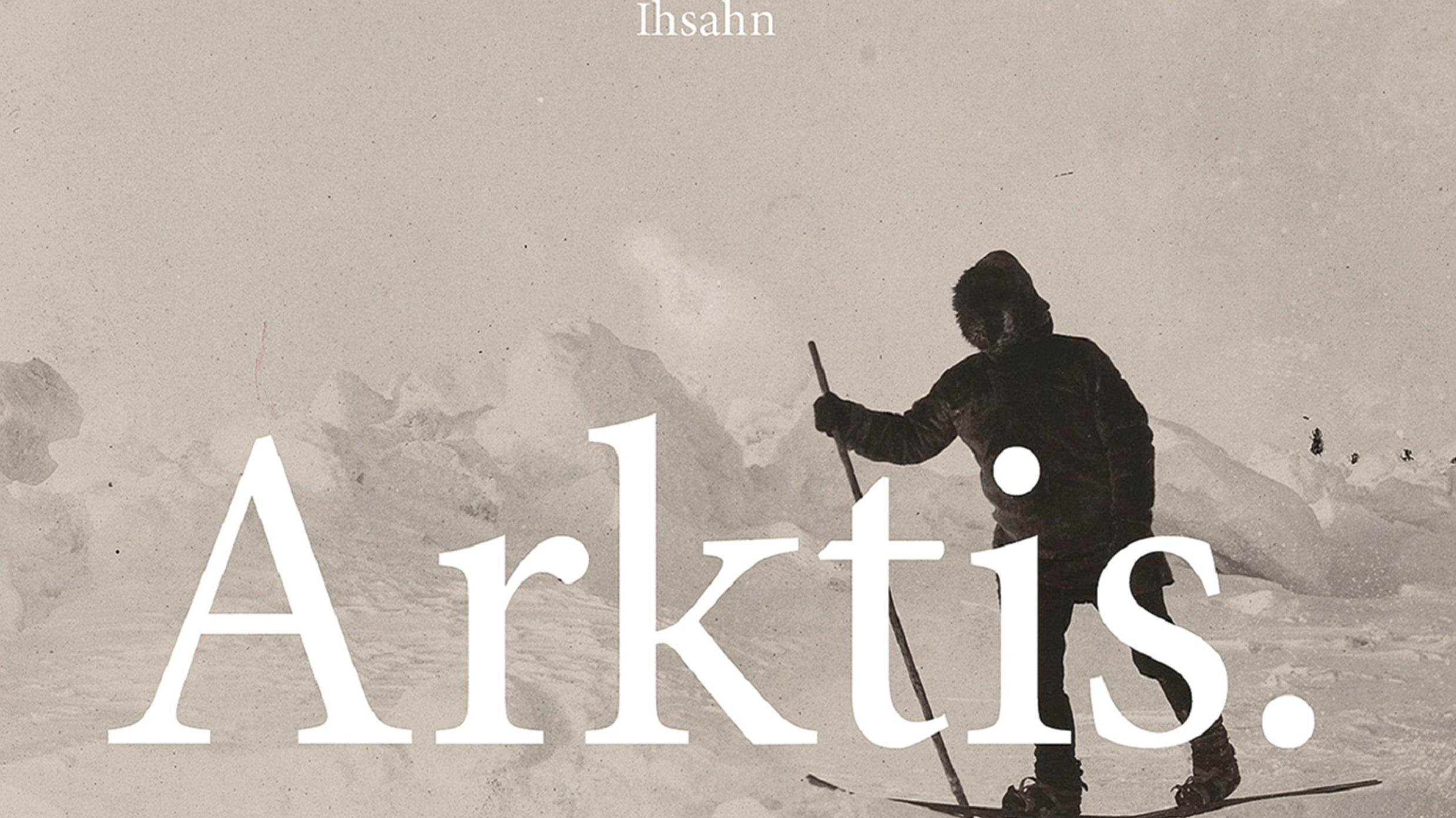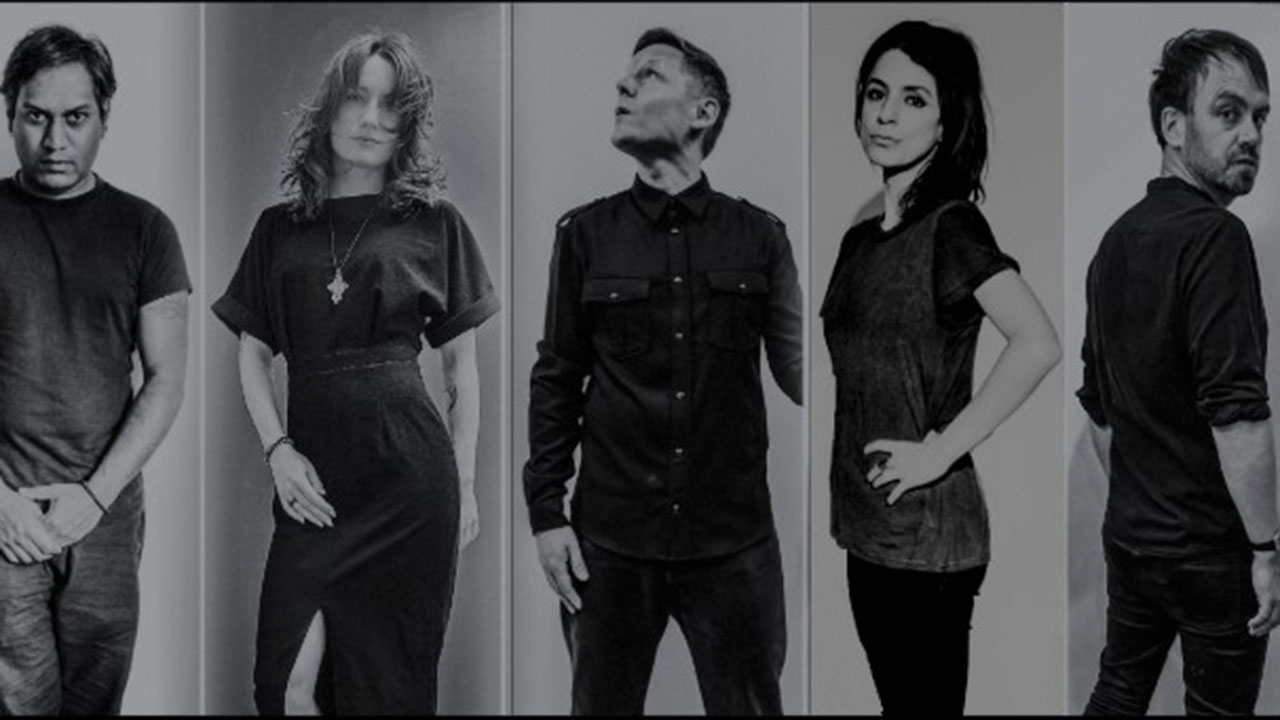You can trust Louder
Ihsahn isn’t someone who’s ever comfortable repeating himself.
So, if you’re a fan of what he has done before on a solo level, then that’s no guarantee you’ll appreciate Arktis. Then again, if you genuinely like the former black metaller’s musical approach, then you’ll realise his sixth album is perhaps his finest work to date. What Ihsahn does so brilliantly is evolve through a cascade of ideas, many of which shouldn’t be able to coalesce. But they do with such an organic presence that it’s invitingly natural.
A wide-ranging album of progressive excellence.
You can hear this on Arktis’ opening track Disassembled. It begins with a gloomy, heavy atmosphere. However, just as you feel it’s all going in an obvious direction, the song twists and turns with a progressive ambience and guest vocalist, Leprous’ Einar Solberg, adds an extra dimension. The same is also true of My Heart Is Of The North, which has a powerful undergrowth of organ sounds, adding a majestic flow to the deliberately cold atmosphere.
South Winds and Frail, meanwhile, are dosed with electronica, the whisperingly hoarse vocals on the former making it sound claustrophobic and eerie, while the latter has a sumptuous feel, aided by billowing choral vocals.
On every track, Ihsahn elaborates on a simple melodic foundation, and although his extrapolations do take flight, he never completely ditches the fundamental tune. This compelling style is never better illustrated than on Crooked Red Line. Jørgen Munkeby of Shining brings in some tasty saxophone passages on a track that owes a lot to Red-era King Crimson, but as the music meanders and swells, the song’s basic structure is never abandoned.
Throughout there’s the feel of a cold, abandoned spirit trying to find a resting place in a harsh world. Yet butting up against this distant fear is also the warmth of human contact. The way these disparate approaches come together is beautifully enacted on Frail. It has the powerful motion of Opeth, yet complements this with a haunting soundscape that draws from Dream Theater. In some ways, it’s even reminiscent of Yes during their Fragile period.
Sign up below to get the latest from Prog, plus exclusive special offers, direct to your inbox!
The same method is dynamically employed on Celestial Violence, with its mournful dialogue between vocals and piano leading into an agitated, symphonic expanse, that rapidly blossoms, yet is just as suddenly cut short.
Ihsahn coaxes sublime intimate moments out of his musical vision, yet combines these with bold extrovert strokes.
What results is a wide-ranging, varied album of progressive excellence. A detailed, extravagant series of masterstrokes.
–
Ihsahn on Arktis, breaking the mould and what he thinks of Emperor's legacy
Malcolm Dome had an illustrious and celebrated career which stretched back to working for Record Mirror magazine in the late 70s and Metal Fury in the early 80s before joining Kerrang! at its launch in 1981. His first book, Encyclopedia Metallica, published in 1981, may have been the inspiration for the name of a certain band formed that same year. Dome is also credited with inventing the term "thrash metal" while writing about the Anthrax song Metal Thrashing Mad in 1984. With the launch of Classic Rock magazine in 1998 he became involved with that title, sister magazine Metal Hammer, and was a contributor to Prog magazine since its inception in 2009. He died in 2021.


